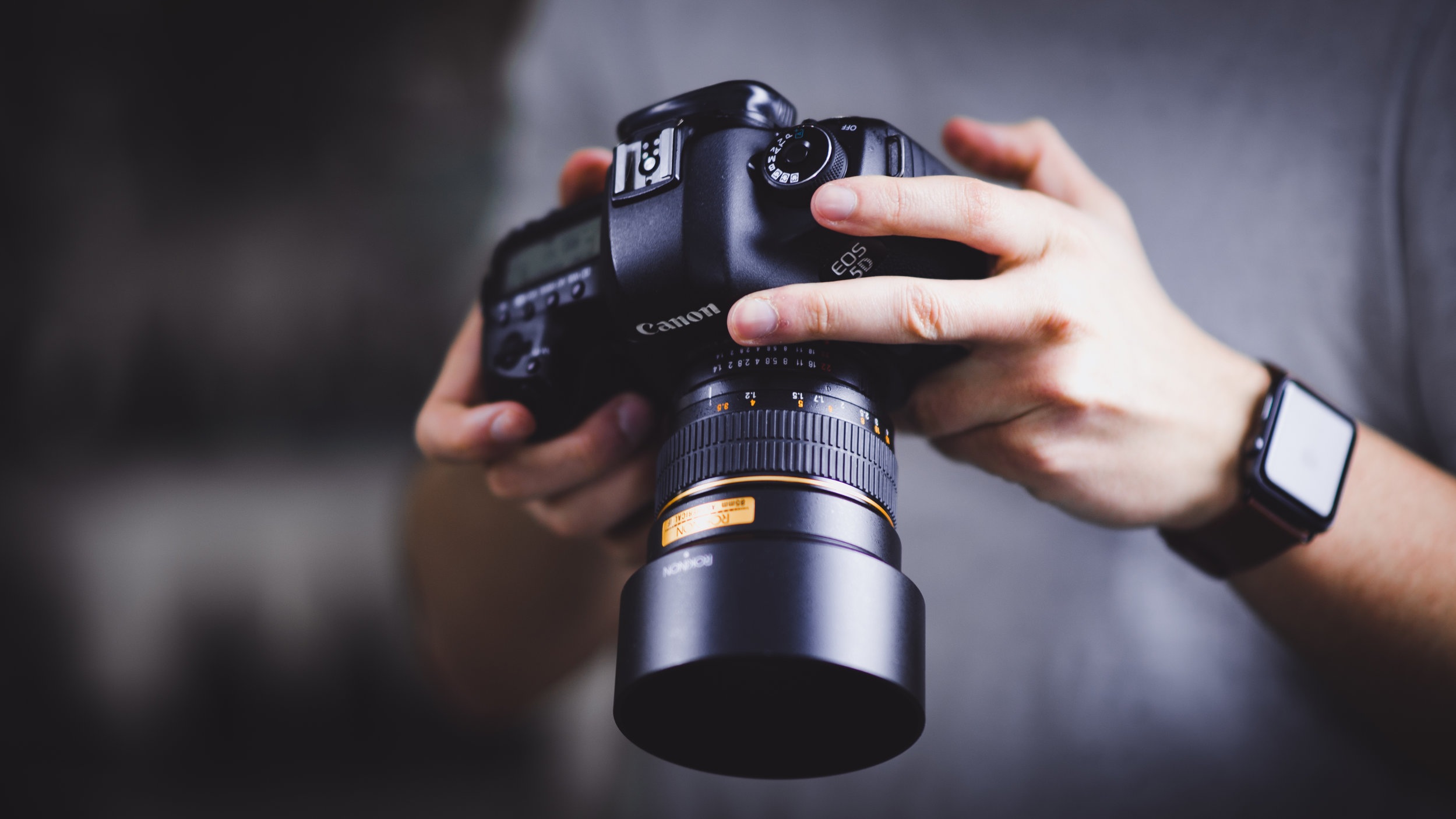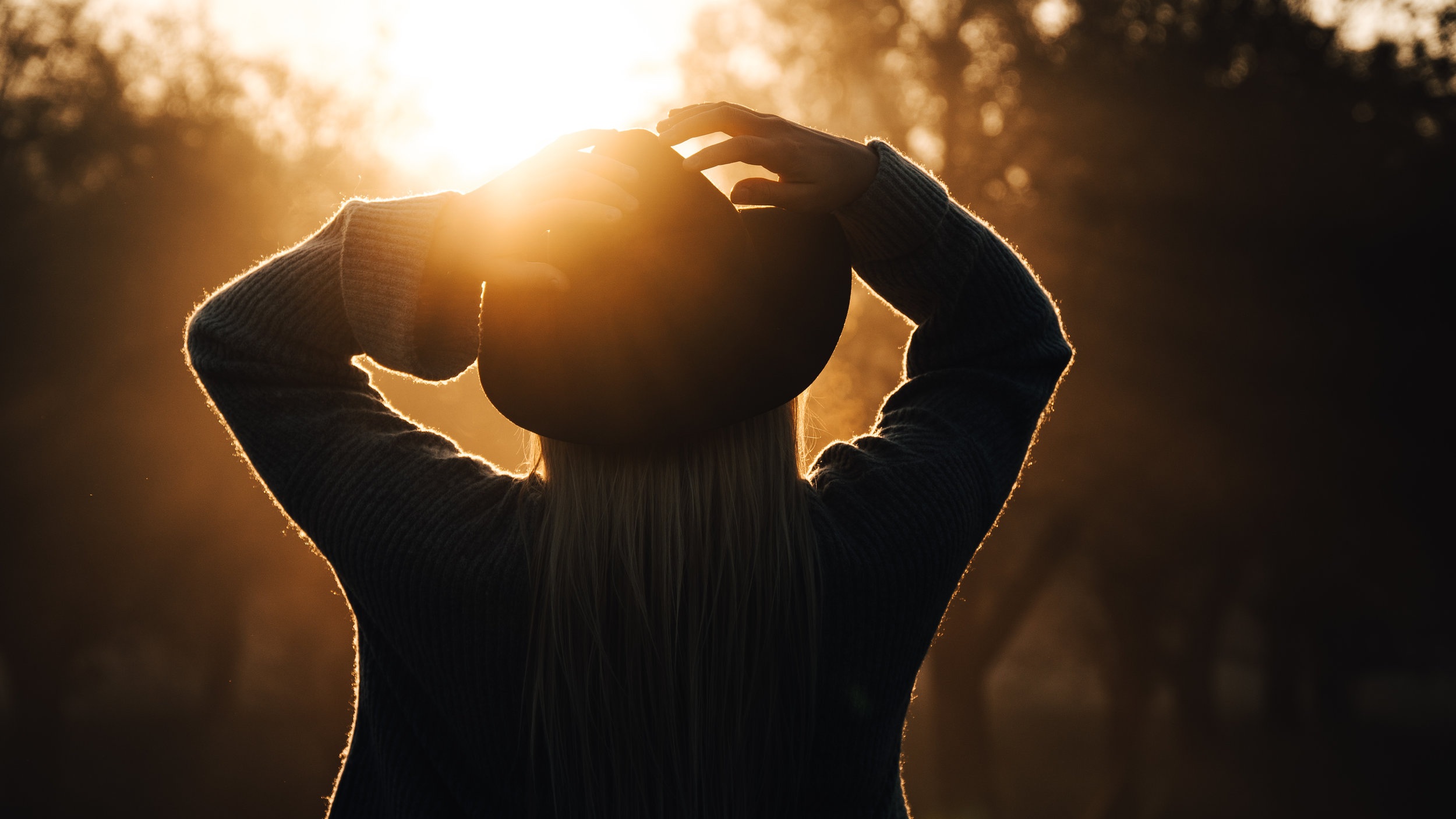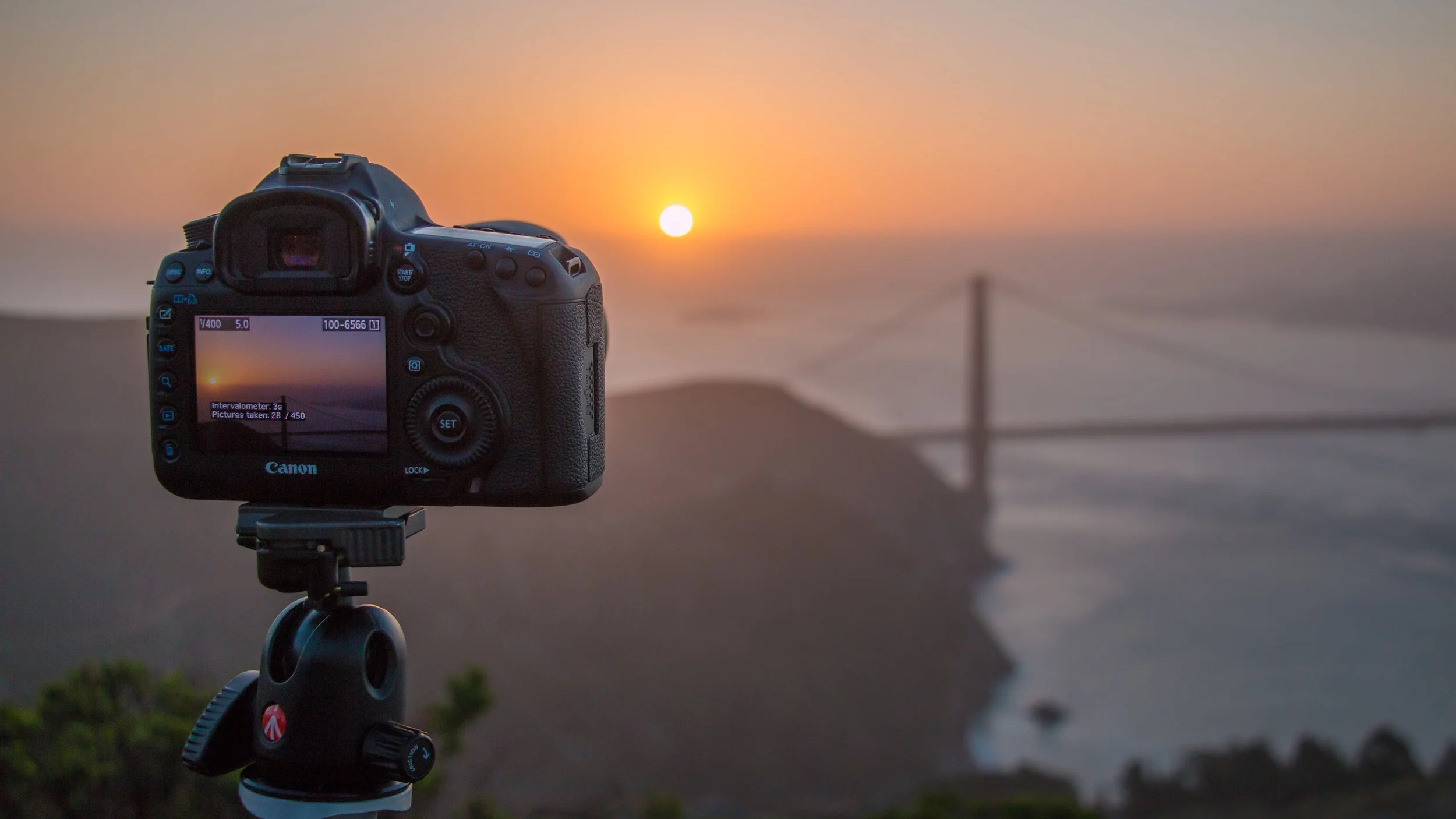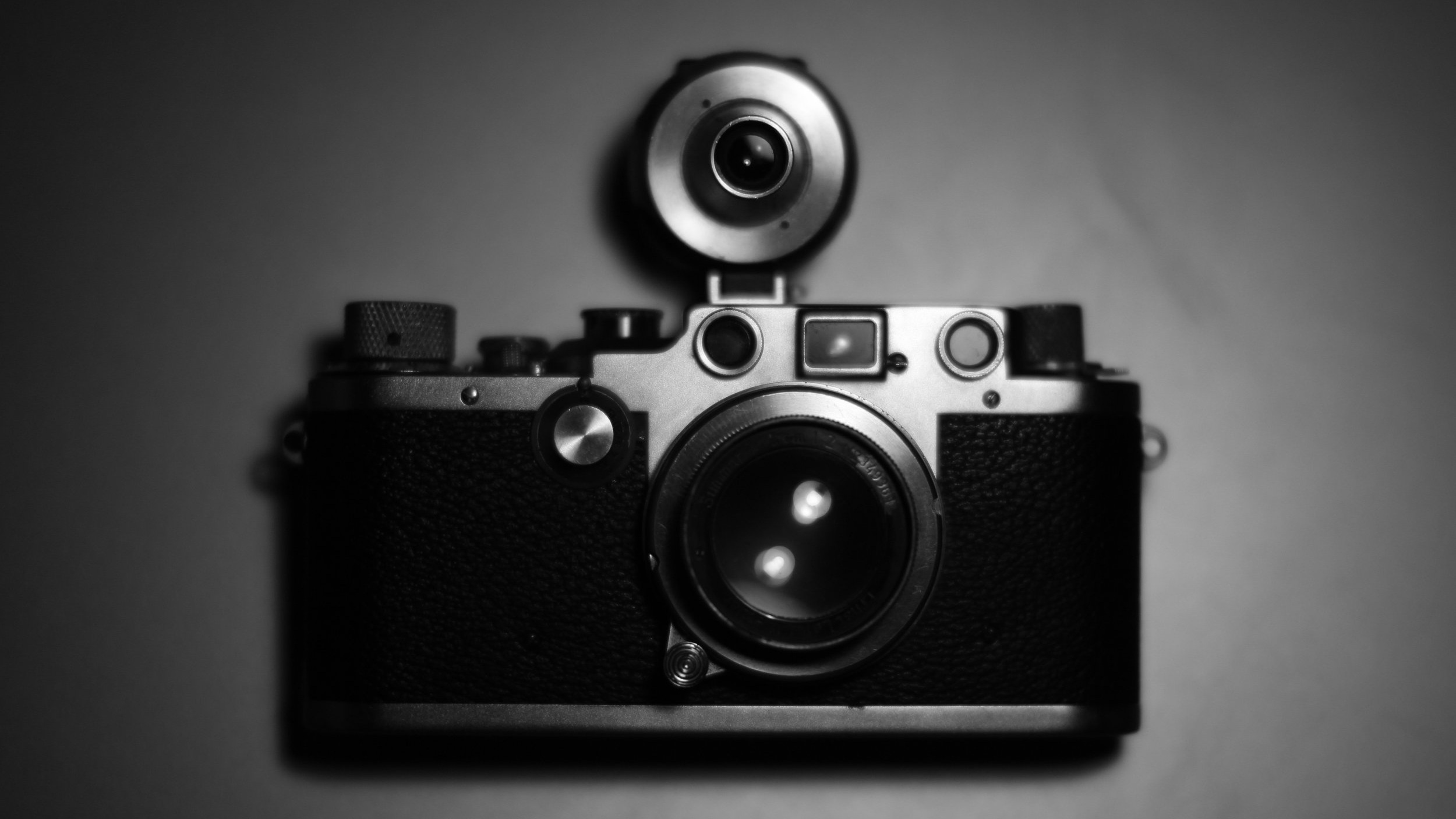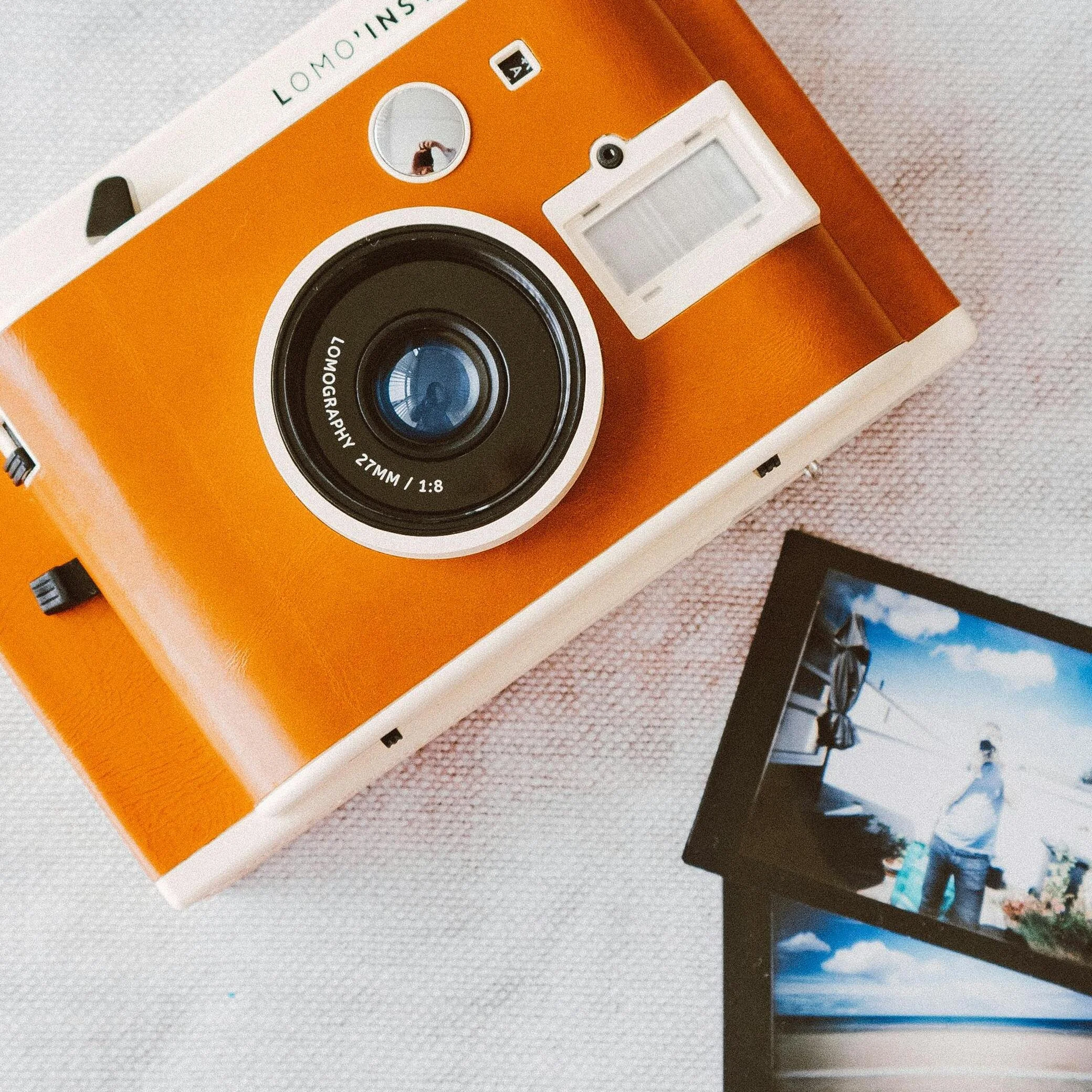10 Essential Photography Tips For Beginners
Taking a picture of a breathtaking landscape is something that requires excellent photography tips up in the sleeves and a lot of knowledge that was acquired through hard work and dedication.
Of course, to make a nice and cool photo, you also need a good camera along with the necessary equipment beside the knowledge and “an eye” for the photography.
A starter who had just come to an idea to choose photography as his primary profession must be aware of the several tips that can make a difference in terms of image quality.
In case you are the rookie, and you have just started with photography, you can feel free to read the following tips, as these will be of great help to you. Remember, the most important thing is to practice as this is the only way to learn and develop your skills!
1. Practice with the camera you own
While the camera influences the overall quality of the photography, it is not a crucial thing to have a high-quality camera at the beginning of your career. First of all, you are still learning how things work and how you should use the gear to produce cool photos. It does not matter if you have a Sony camera or any other brand; it is crucial to practice with it!
Therefore, your focus should be on the using the gear you already have to master it and know how to manage the settings and the whole gear. Get to know your camera settings to understand when you need to choose a certain option or filter, or even search the tips online for the camera you have. That is where the true skills lay in – in mastering the equipment you already possess and use.
2. Make sure you consider the light
One of the most important things and this is mentioned in any photography thesis or tutorial when making a good image is a light source that lightens up the whole scene and sight. But how do you know if there is enough light? Well, that is something that you learn over the time of your work, as light science is far away from the beautiful sunset.
Your goal is to find the perfect balance between the intensity of light of your subject and the background. Start paying attention to the direction of light as well as its level, since too much of light can create the shadows, especially if making a portrait. If the light is not too bright and you could need some more, try to move the source of light or the subject to get the better angle and conditions for your photo.
Ultimately, you can use your flash as the additional light source if needed, or wait until the light becomes stronger. The light is a whole science that the expert thesis writing service in the UK could explain in a professional paper with the scientific facts, so make sure you give enough time yourself to consider the conditions and the light direction, as well as its volume.
In addition, read a thesis or any other writing that is written by a professional photographer so you could get deeper into the matter and understand it better. Help from the professional, who has a lot of experience, will make you a better photographer!
3. Focus and more focus!
One of the biggest mistakes that inexperienced photographers make is not taking enough time to focus before taking a picture. Also, before taking a picture, make sure you check the camera settings to see if everything is set accordingly, as the different environment requires different settings.
Consider the autofocus feature, light settings, as well as the sight in front of you that you are trying to capture. Slow down, analyse everything, and then start taking photos and try to understand the environment and requirements for a good image.
4. Tripod is your help
The tripod is your best friend, and each photography writing stresses the importance of it, especially when capturing some details that you cannot easily see with your eyes. You may think that enough light will be enough for a good picture, but the more important thing is the stability of your composition. The stability gives you the ability to make a sharp photo, stressing out the details of the picture.
Therefore, always have the tripod alongside with the rest of your equipment as it can mean the difference between a sharp and blurry image. Each handbook of photography for beginners contains the guide for the use of tripods.
5. Recognise the need for flash
A lot of people think that we use flash only in situations when we work with the dark environment. On the contrary, you will find yourself in a situation where, in the middle of a sunny and bright day, you will need to turn on the flash, just to eliminate the inappropriate shadows of your subject.
Therefore, you need to learn when and how to use the flash, as its purpose is not only attached to the lack of light but rather on creating the additional light that could maximize the quality and final render of your composition. If you need any additional help on the abilities of the flash, you can ask for help in any photography service, as these usually offer some professional writing on this subject.
6. Make sure your lens is clean
The dusty, as well as greasy, lenses, are the worst thing that a photographer could oversee. If these are not cleaned well, even a good beginner camera will produce blurry photos that will not win a photography competition.
Lots of time, we grab the lens with our hands and leave the fingerprints on it, and it later impedes the quality of the picture. Always have a microfiber cloth and a water-based solution that you will use to clean the lens. No one wants to work with a photographer who does not care about his equipment!
7. Entertain yourself
Your photo session must be fun in the first place, as this is an entertaining job. If you do not like the concept of a job, then do not start it as you will be on the constant move throughout your projects.
A small number of projects will require you to stand in one place and shoot! Also, try to get inspired by the sighs and environment you are capturing! Fun is all you want when working this job.
8. Examine the photos you had taken before
Someone would ask why this is necessary. Well, there are a couple of reasons for examining the previous ones:
You improve your work and fix the problems
Understand the settings for a specific environment
You learn how and what to focus on
It improves your will for the advancement
You get the inspiration
Yes, taking a look back at the older photos is really a beneficial tip, especially for the starters. Just make sure that you always try to identify the weak spots so you could improve your work.
9. Collaborate with other photographers
Try to participate in the meetings and projects with other colleagues, as you will get a lot of inspiration, advice, and tips for your work. People just enjoy sharing tips and stories, and you can profit by doing the same thing.
Discuss everything that is ambiguous to you, what bothers, and what makes you confused about the process of taking a photo. The experienced colleagues will definitely want to help you by sharing their knowledge and experience!
10. Post-edit is a must
The help of computers makes photo editing much easier, and your photos professional! Luckily, we can today find almost any tutorial on post-processing of image that we will read and then experiment with the options, features, filters, lightroom presets and add-ons.
A professional software, like Adobe’s Photoshop and Adobe Lightroom, offers many possibilities for photo editing, which means you can tweak your photo and make it perfect. Still, be subtle and original and always back up the original files before you make any changes! You do not want to lose any original content!



